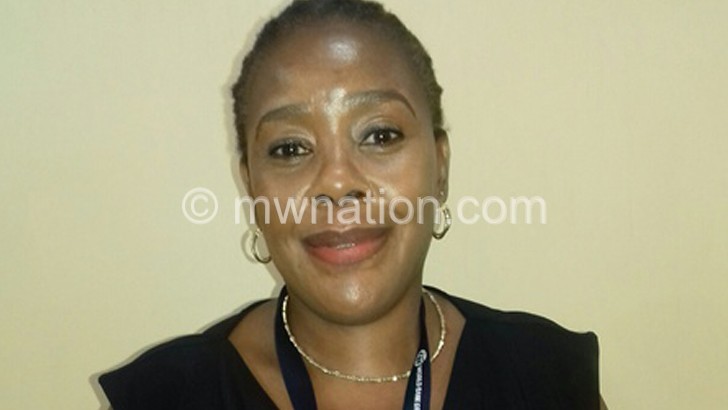Social inclusion key to ending poverty—World Bank
The World Bank says it will ensure that projects funded by the Bretton Wood institution are socially inclusive to ensure no one is left behind in the development process.
World Bank Malawi senior social development specialist Mwikali Wambua made the remarks on Tuesday in Lilongwe during the End Poverty Conference organised by the World Bank Group.

special issue
The conference was aimed at putting people living with albinism on the spotlight.
Social inclusion defines the process of improving the terms of people and groups to take part in the society thereby enhancing their ability, opportunity and dignity. Although great strides have been made towards poverty eradication in Africa, the region holds half of the world’s extreme poor people, according to the World Bank.
Studies have shown that almost 10 percent of working age adults in Africa have a disability.
In Malawi, about 500 000 individuals have a disability and about 10 000 are living with albinism.
Studies have also shown that half the population in Malawi live in poverty.
Said Wambua: “We want to ensure that our projects are inclusive of the vulnerable. Albinism is a special issue in this region because of the challenges they face.
“The focus on albinism in Malawi, and in this region in general, is important because it puts a face on people who are marginalised in the region.”
In his remarks, Association of People Living with Albinism in Malawi (Apam) president Overstone Kondowe called for a mindset change towards the capacity of people living with albinism which has perpetuated the community’s underperformance in sustainable livelihoods.
He said: “Any initiative or agenda to end poverty in the country cannot materialise if we leave any community behind and one of the communities that has been neglected are people living with albinism.”




